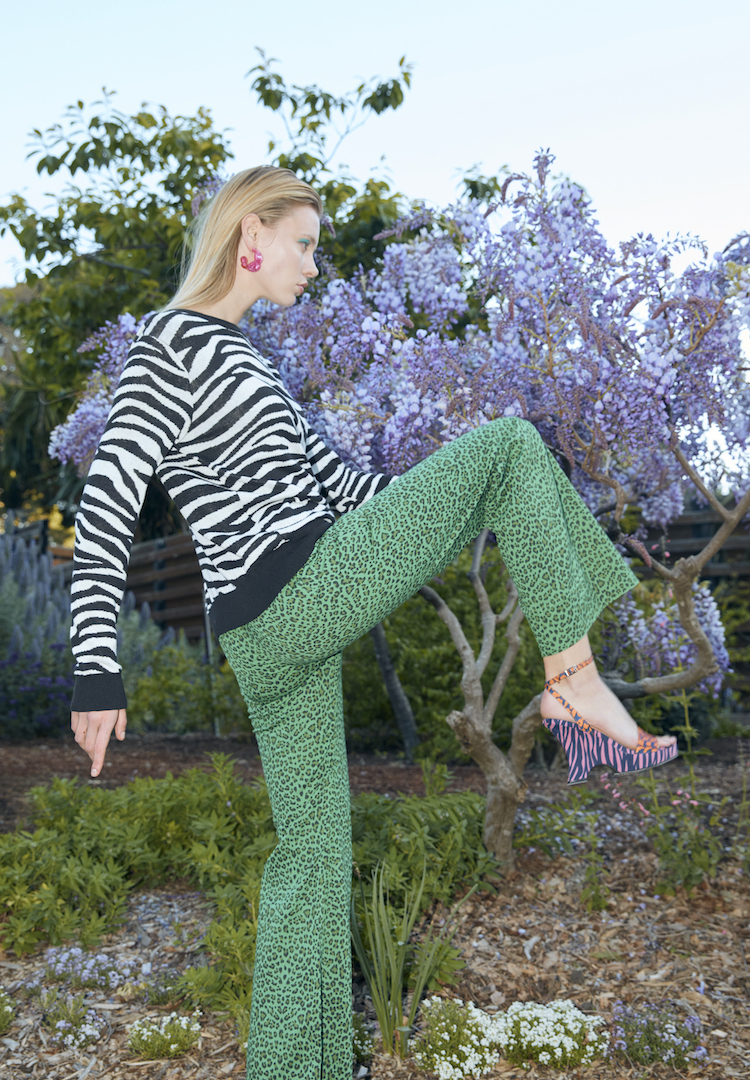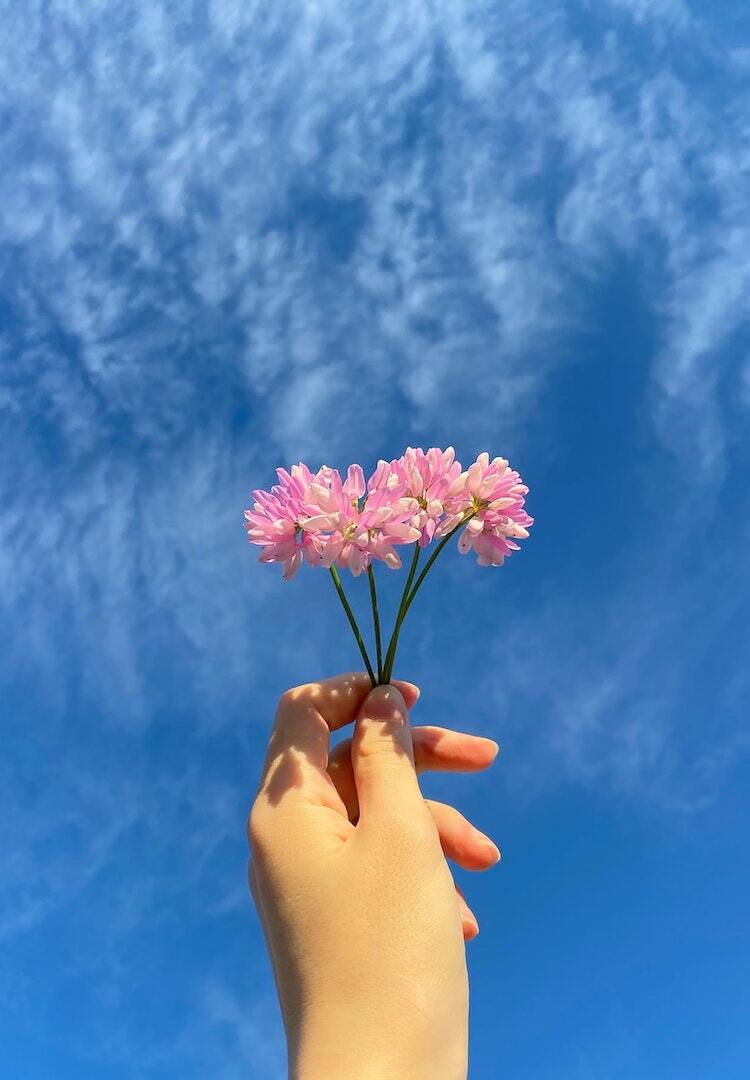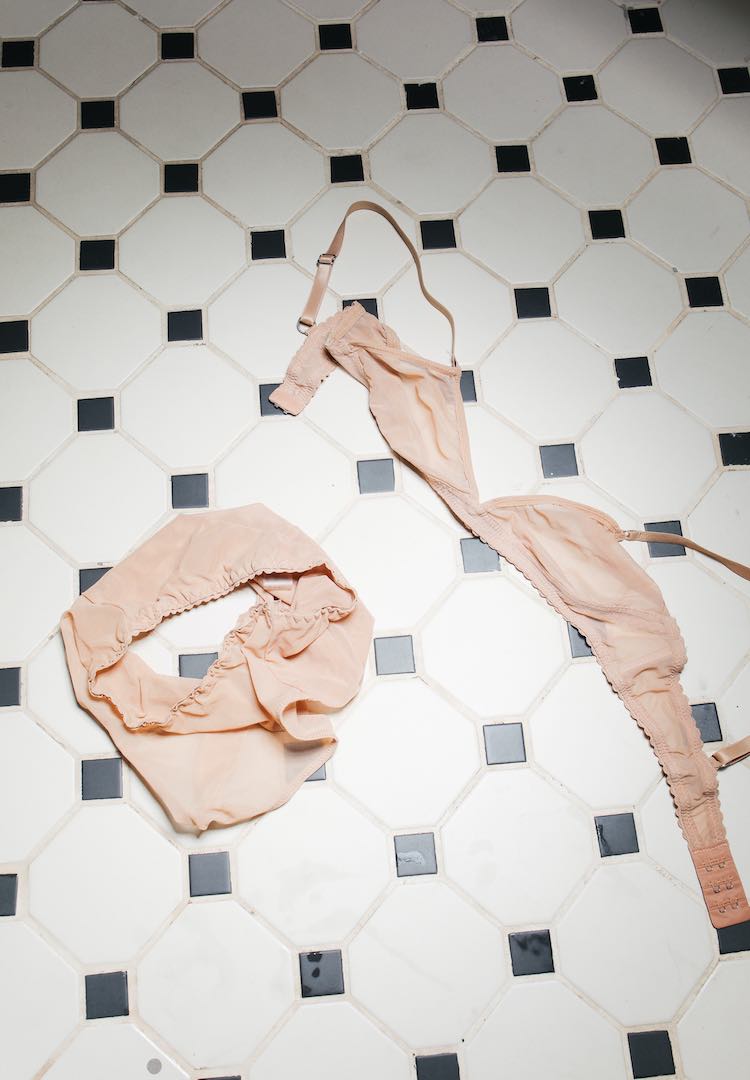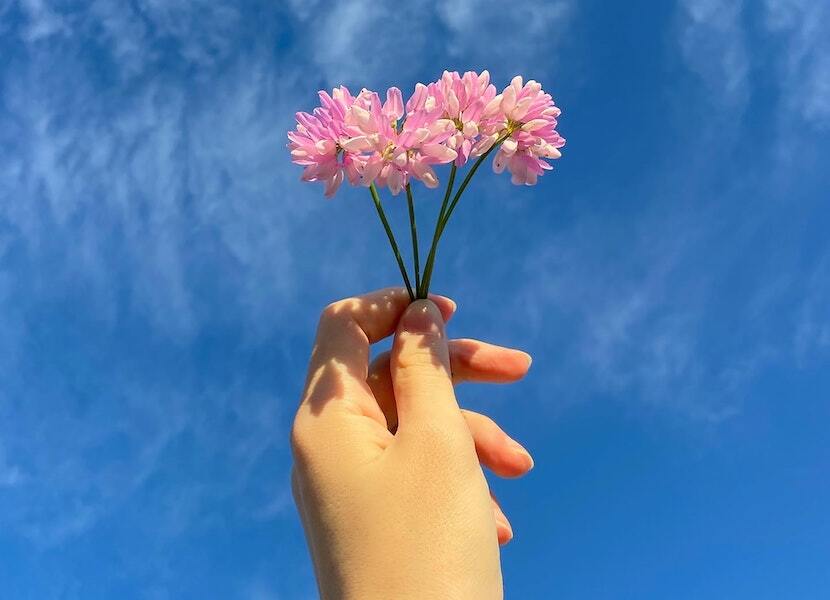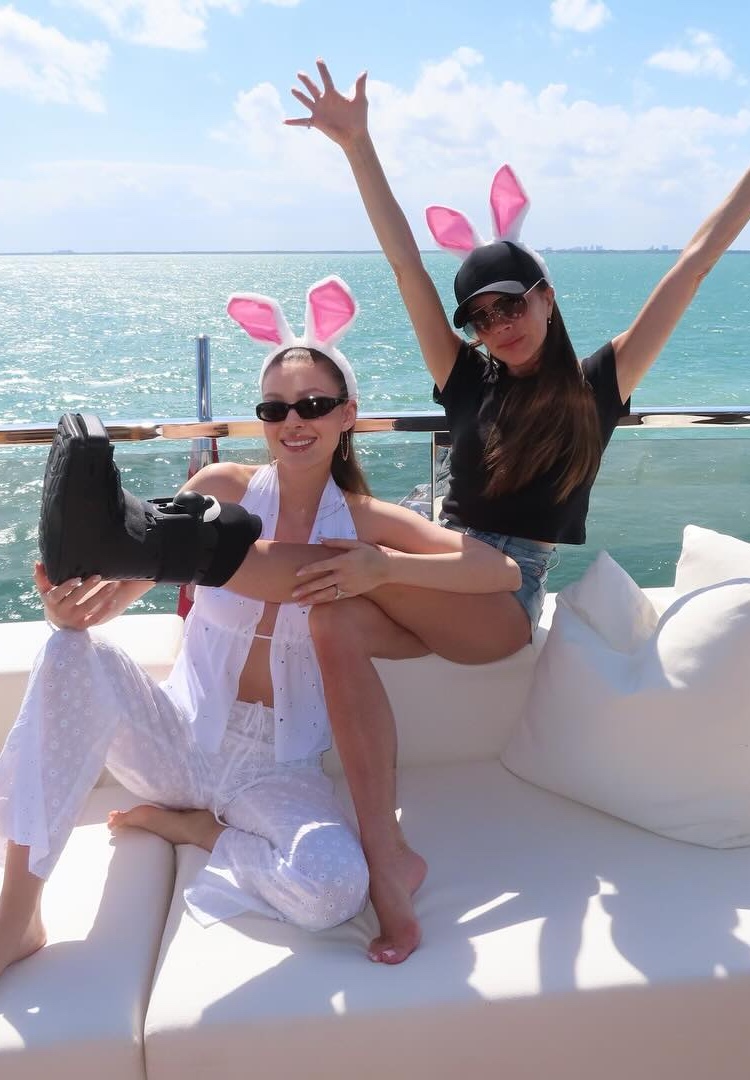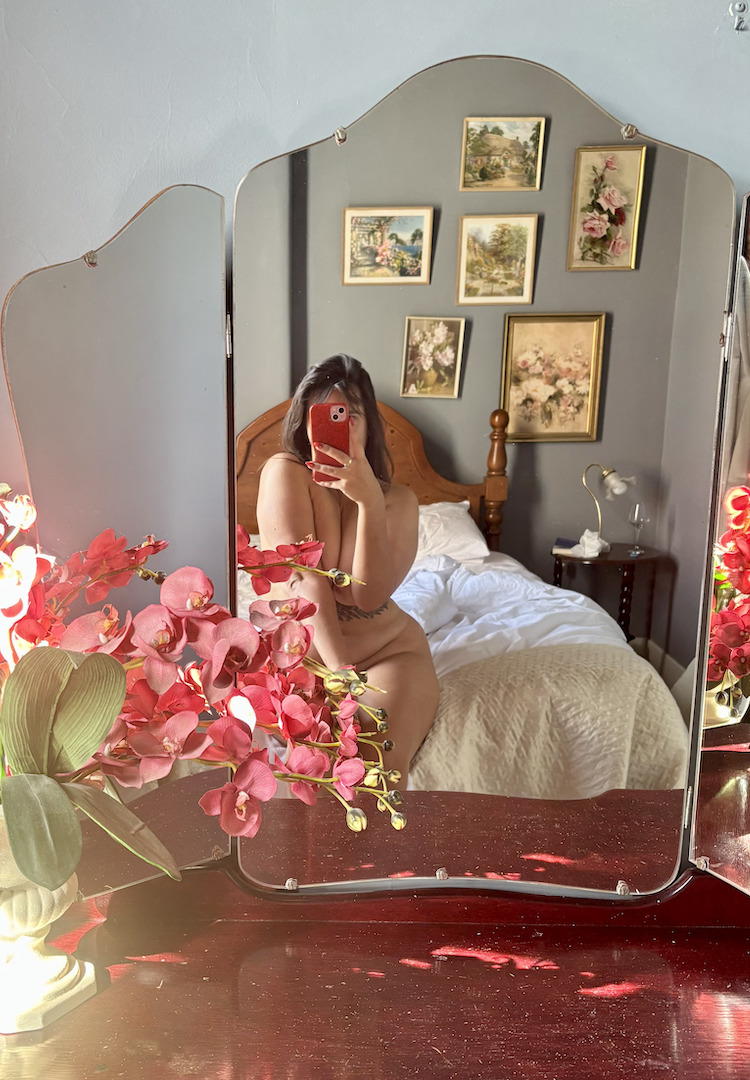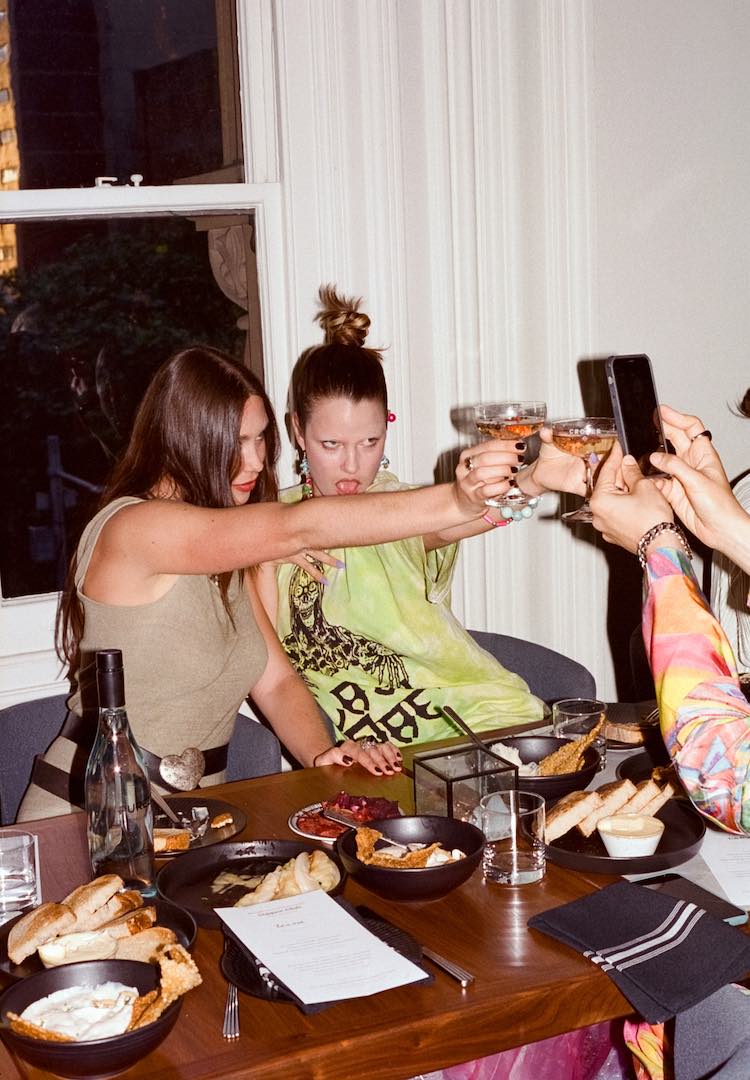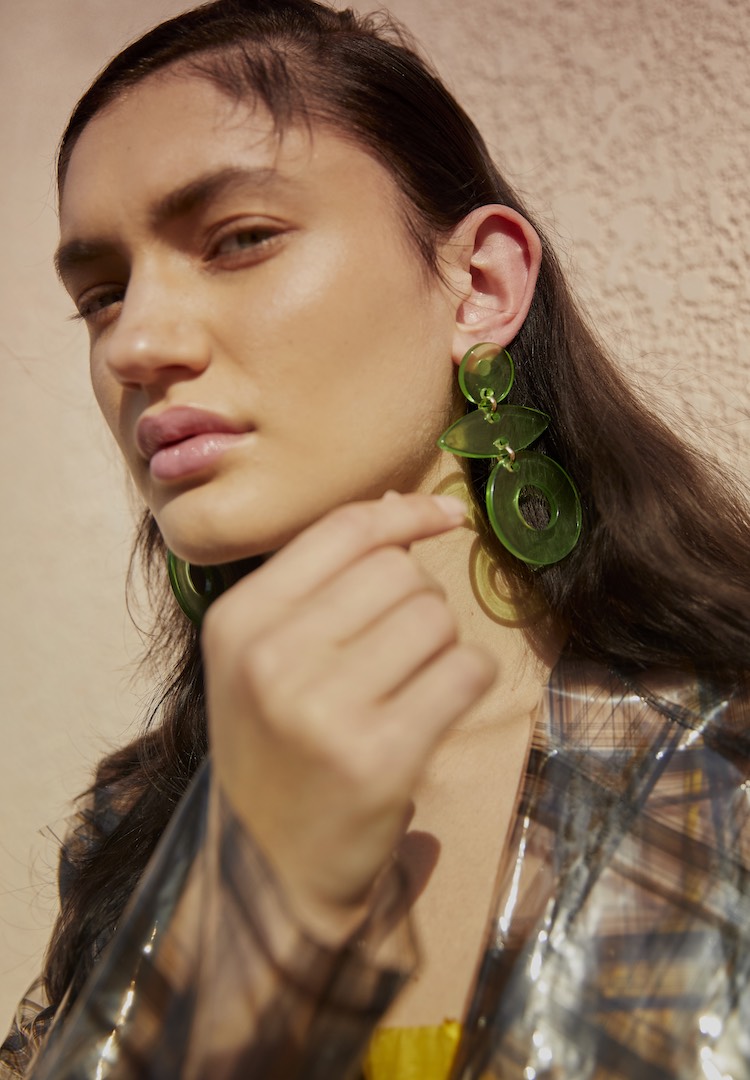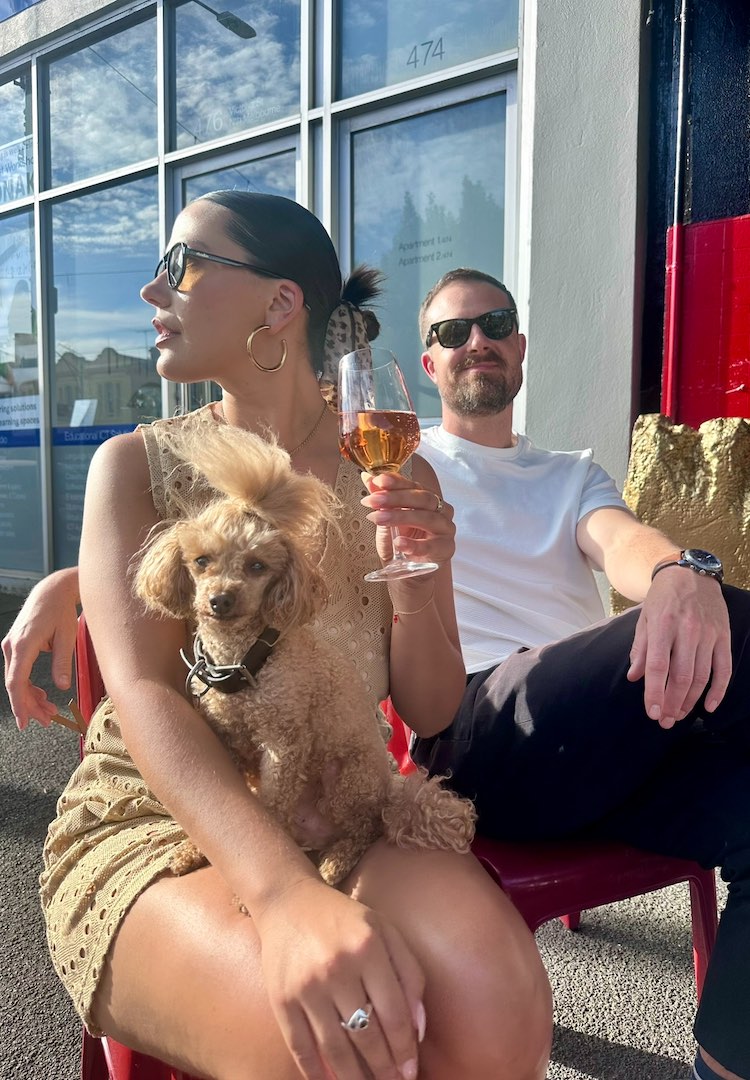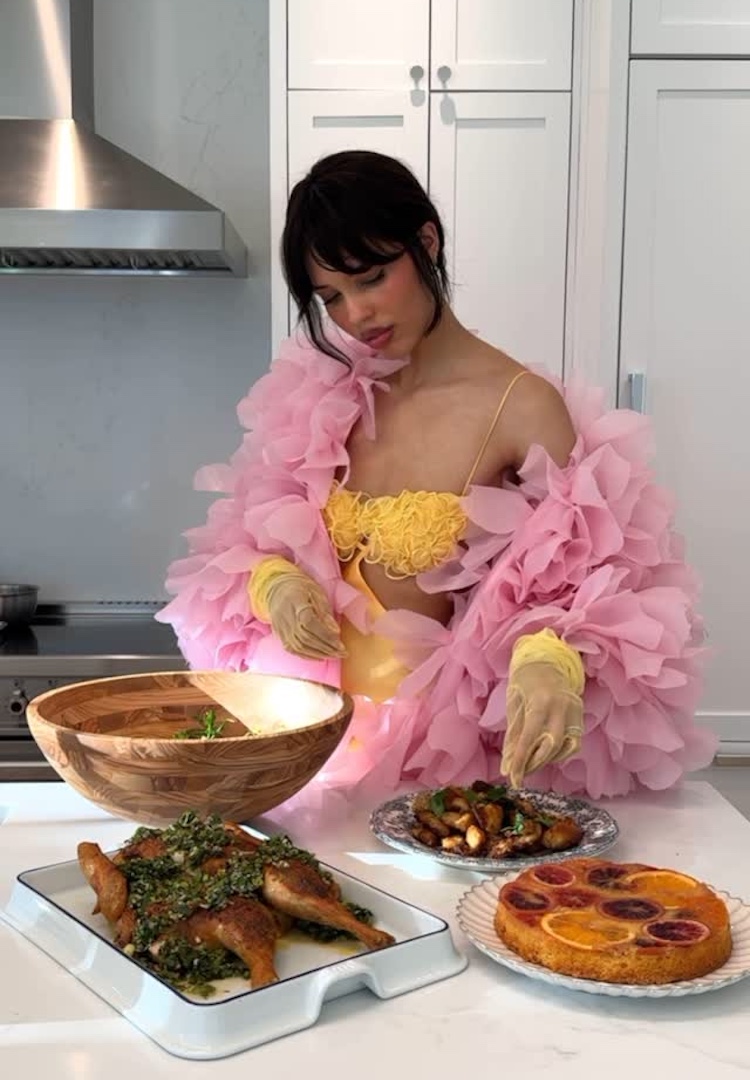How attitudes towards dating and friend-finding have shifted post-pandemic
WORDS BY LUCILLE MCCART
Most of our masks may be off, but the way we look for love has changed for good.
Lucille McCart is the Asia Pacific Communications Director of Bumble. Here, she shares how relationship building has changed since the pandemic and how to make the most out of this new era of dating.
March 22 marks three years since the Australian government declared a state of emergency, the first national lockdown of the COVID-19 pandemic began and the world as we knew it changed. While some things look more like the ‘Before Times’ – fewer masks and less obsessive hand sanitising – for many people, things still don’t quite feel ‘normal’.
I’m in the business of relationships, be it romantic, platonic or professional, here at Bumble. This anniversary gave me a chance to think about how the way we connect socially has changed and evolved in the last three years. I believe relationships are the foundation of a happy and healthy life, so our ability to be social and form new bonds has an enormous impact on us.
Interested to hear how others navigate the world? Head to our Life section.
Back in March 2020, everything felt very uncertain and scary. What became obvious very quickly was that social connection is a core part of the human experience. For single people, apps like Bumble became a lifeline for meeting new people and making connections. A rapid shift to virtual dating came with a significant spike in the number of video calls on Bumble (many going for 25 minutes or more) as people found creative ways to replicate IRL dating through their phones.
Pre-pandemic, the typical first date was drinks after work. But what does a first date look like now that so many of us are still working remotely and attitudes towards drinking have shifted? For many, daytime and activity-based dates have become the norm. Substituting a happy hour meet-up with coffee in the park or a trip to the golfing range allows people to get to know their match in a lower-pressure setting without crowds or alcohol.
The pandemic raised other issues for people that impacted how they felt about connecting romantically. At Bumble, our research found the relentless number of pandemic Zoom calls made people feel more conscious of their physical appearance. Many had cancelled a date or social activity because of body image anxiety, which increased notably during the pandemic and is something many are still struggling with today.
We also saw a lot of relationships end during the pandemic. At the end of 2020, 20 per cent of Australians on Bumble reported being newly single, having broken up with their partner during lockdown. Even more recently, at the end of 2022, we found 42 per cent of people on Bumble in Australia reported having ended a marriage or serious relationship in the last two years.
So what does this all mean? During the pandemic, people really evaluated what they wanted out of a romantic relationship and how they wanted to get it. This time and space allowed us to reflect on what we were looking for and what our ideal type of partner might be. So while social anxiety and body image anxiety still linger, Australians are generally more open-minded in a romantic sense – 42 per cent of people on Bumble in Australia say they are more open to dating outside their type.
It isn’t just dating that has changed – the way we make new friends has also vastly differed. Despite being chronically online, many reports say we are more disconnected and lonely than ever. Multiple studies over the years have confirmed strong friendships aren’t just beneficial for our mental health, but for our physical health too.
Yet Telstra’s Talking Loneliness Report from 2021 found 54 per cent of Gen Z and 51 per cent of millennials regularly feel lonely, which is much higher than previous generations. Gen Z are also embarrassed to admit they feel lonely and are worried about being judged for it.
Of all the generations, Gen Z arguably missed out the most during the pandemic years. With school and university going online for much of this time, many of them are now starting their first corporate jobs as remote workers. While there are many benefits of the work-from-home lifestyle we have created, I worry about what gets lost for young people, personally and professionally.
Some of my closest friends are people I bonded with in offices in the early years of my career, whether it was sneaking off to gossip in the printer room or discussing the latest Love Island drama across our desks. On a professional level, I gained so much from observing people in action, listening to conversations and just being physically present in front of the people I was hoping to learn from.
I recently spoke to a young woman who moved from Brisbane, a city that had been largely isolated from the effects of COVID-19, to Melbourne, arguably our most impacted city. She arrived in January 2022, at the height of the Omicron surge. Anxious about socialising in a new city, she downloaded Bumble BFF to try and meet other women looking for new friends.
She told us she saw countless profiles with bios like ‘I haven’t seen anyone but my boyfriend in months, so keen to hang out and do literally anything’. The vulnerability of people around her inspired her to be honest about her own needs and she ended up making new friends who she would never have otherwise had the chance to meet.
So, where to from here? If you’re someone who, three years on from lockdown, still doesn’t feel ‘normal’ or back to your pre-pandemic self, firstly, same. Not feeling normal is normal. We are now essentially in the recovery period from the most significant global event of our lifetimes. Things may never go back to how they were before and that is okay – we can build amazing new things from here, there’s no need to rush.
For more on post-pandemic dating, head here.

